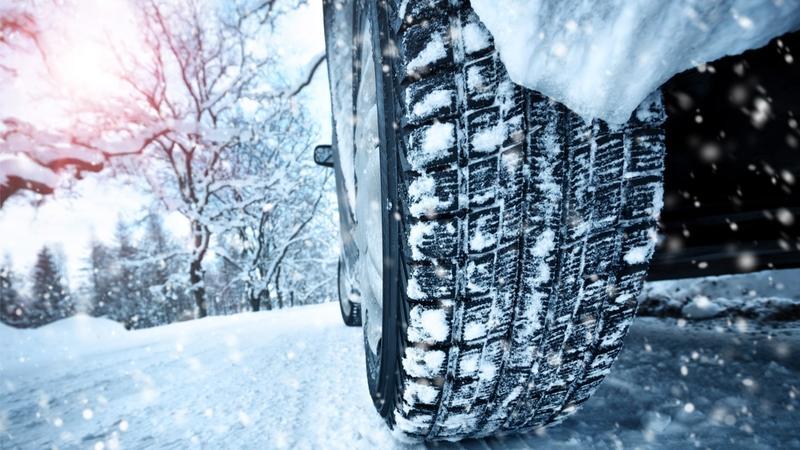What an excellent subject for us to review just prior to our Canadian winter. There are really no short and simple answers; however, Quebec made the answer indisputable in 2009 when they passed a law that all passenger vehicles and light duty trucks must have legitimate and labelled Winter Tires affixed to the wheels by December 15th or face a traffic ticket and fine.
Clearly, if you live in a wintery province (like Quebec), winter tires are always going to be far better, safer and provide more traction than all-season tires. The question is "are all-season tires good enough for the winter driving season?" Quebec says no unequivocally…..this writer says, sure they are some of the time and depending on the circumstances.
Here are some of the circumstances that must be discussed and determined prior to making the distinction as to whether all-season tires are good enough:
- Do you live in a rural or urban area? If you live in an urban area, chances are your roads are cleared of snow within 24 hours or less and all-season tires are very capable on cold and dry roads. Rural areas are quite the opposite and all-season tires are not the best solution.
- Do you have a front-wheel-drive, rear-wheel-drive or all-wheel-drive vehicle? The driveline of your vehicle is very important when making winter tire decisions. All-season tires are very capable in all-wheel-drive and front-wheel-drive cars in the winter (most of the time), where rear-wheel-drive vehicles are not the best in snowy conditions without winter tires. Vehicle options such as: traction control, stability control and anti-skid packages all make winter driving easier and often reduce the need for winter tires in many situations.
- What are your driving habits? If you live and work in an urban area and you don’t drive a great deal and rarely, if ever, outside the city in winter months, once again, all-season tires are just fine in the winter.
- What is the speed rating on your all-season tires? The higher the rating (X, Y, Z for example) the better the tire performs at higher speeds on dry (warmer) pavement. The opposite would occur in snowy, icy and colder temperatures. A lower speed-rate tire (H) would perform a little better in winter conditions but not be as good at speed in better temperatures.
As you can see, there is no real good answer to this specific question except "sometimes." Having said that, if you are safety conscious and you don’t want to be limited in your driving days and locations in the winter then the answer is "no."
In the end, I think Quebec had the right idea…..winter tires are mandatory for all cars and light duty trucks; it just makes sense and they are erring (for some) on the side of caution but it saves lives, health care costs and car insurance premiums.
As grey as the answer to the all-season tire question may be, winter tires will always be the best and safest tire option in the winter. Bookmark this site.
